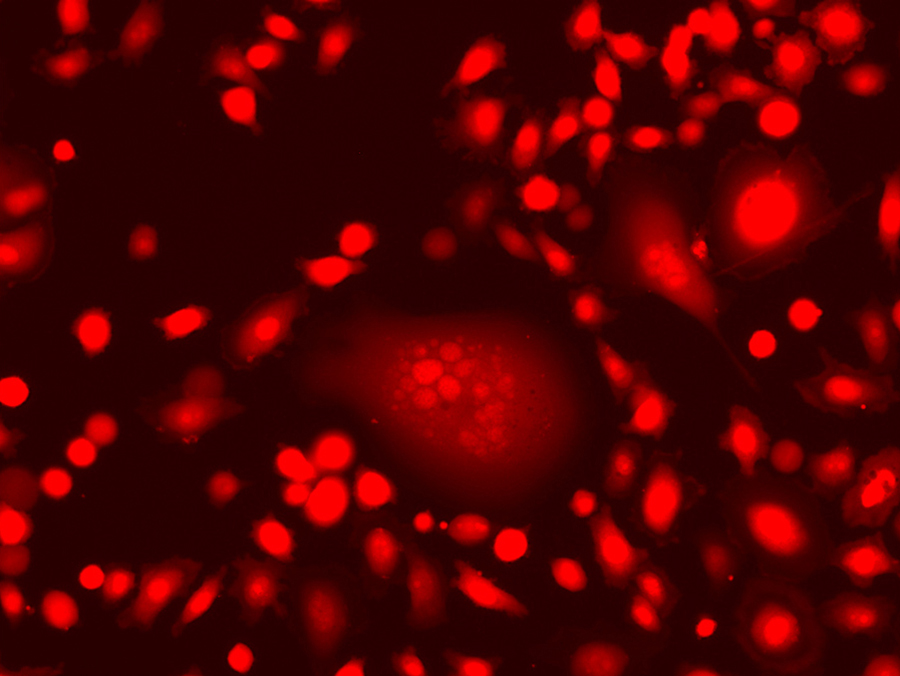Tag: Johns Hopkins University
Understanding neonatal brain injury proteinopathy: Implications for adult-onset neurodegenerative disease

Neonatal encephalopathy is damage to the brain caused by the disruption of its blood supply before and during childbirth and other reasons such as prematurity and maternal-foetal infection. It can often lead to death. Survivors can have long-term cognitive, emotional, and behavioural effects. Lee J Martin, Professor of Anaesthesiology and Critical Care Medicine and Pathology at Johns Hopkins University, USA, […]
Barth syndrome: A potential treatment for a rare disease

Barth syndrome is a rare disorder in males caused by a variant of the gene TAFAZZIN. It affects the metabolism of the fat molecule cardiolipin in mitochondria, resulting in the dysfunction of skeletal muscle and the heart. The syndrome doesn’t have a specific therapy, so patients who suffer from it have health problems their entire lives and are more likely […]
Read More… from Barth syndrome: A potential treatment for a rare disease
Can we do more to get college students vaccinated against HPV?

Human papillomavirus (HPV) is the most common sexually transmitted infection globally. It can cause genital warts and several types of cancer, including cervical, anal, penile, and throat cancer. Although an effective and safe vaccine against HPV infection has been available since 2006, the vaccination rates in the US remain low. The fact that more than 80% of sexually active people […]
Read More… from Can we do more to get college students vaccinated against HPV?
The adaptive cancer cell: How metastases evolve to resist treatment

Species adapt to survive in a changing environment through the process of evolution. Evolutionary processes can also take place at the cellular level. Dr Sarah Amend of Johns Hopkins University, Baltimore, USA, is investigating poly-aneuploid cancer cells (PACCs). These large, DNA-laden cells, which are more common in metastatic cancer, develop evolvability: the capacity to evolve. Dr Amend believes that targeting […]
Read More… from The adaptive cancer cell: How metastases evolve to resist treatment